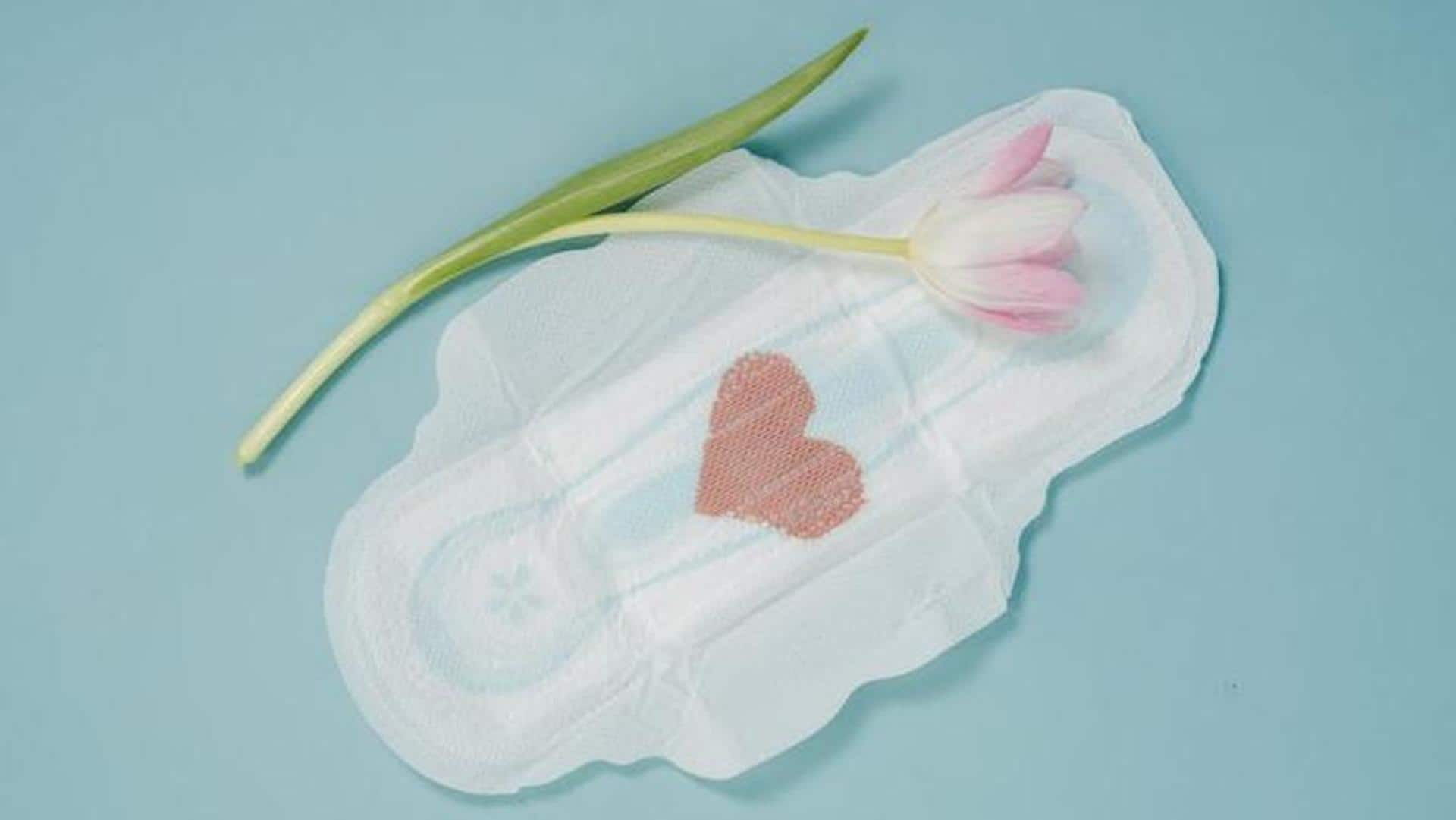
Menstrual Hygiene Day: Understanding the myths and facts around mensuration
What's the story
Menstrual Hygiene Day is observed annually on May 28 to draw attention to the significance of menstrual hygiene and to the problems that individuals without access to sanitary products confront. Anyone who menstruates needs to have access to clean sanitary products and the freedom to regulate their period without embarrassment or stigma. On this note, let us debunk a few myths associated with menstruation.
Myth 1
Myth 1: Women shed impure blood during periods
This myth has been around since ancient times. However, menstruation is a normal component of the reproductive cycle where it prepares the body for a (potential) pregnancy. Period blood isn't the body's way of flushing out toxins. It is more like an evolved vaginal secretion. The same blood that flows throughout the body is used during menstruation along with uterine tissue, and mucus lining.
Myth 2
Myth 2: If you miss your period, you are pregnant
A missed or delayed period does not always indicate pregnancy. Menstruators go through various cycle abnormalities in their life due to various factors. Your skipped or irregular periods may also be caused by hormonal imbalances such as polycystic ovarian syndrome (PCOS), excessive weight, an improper diet, illness, and stress. Some people experience frequent periods missed due to irregular ovulation.
Myth 3
Myth 3: Do not exercise during your periods
It is often believed that exercising during periods will increase the severity of period cramps. But in reality, exercise can relieve your pain. It can lessen bloating and the symptoms of premenstrual syndrome (PMS) and dysmenorrhea. Serotonin, which contributes to happiness, is also released as a result of exercise. Experts typically suggest light workouts during periods such as yoga.
Myth 4
Myth 4: PMS is not real
The symptoms of PMS are very much real and start one or two weeks before the cycle. They have a connection with how a woman's monthly cycle affects her hormones. Premenstrual symptoms like bloating and mood swings are experienced by more than 90% of menstruating women. Some of the most typical PMS symptoms include headache, cramps, and fatigue.
Myth 5
Myth 5: Periods are shameful
The thought that periods are gross, shameful, and dirty is so ingrained in our minds and is often seen as a sign of embarrassment even now. Talking about periods is not shameful, nor are periods themselves. Similarly buying sanitary products is like buying toothpaste or soap. They are all personal hygiene products and need not be sold/bought by wrapping them in paper.